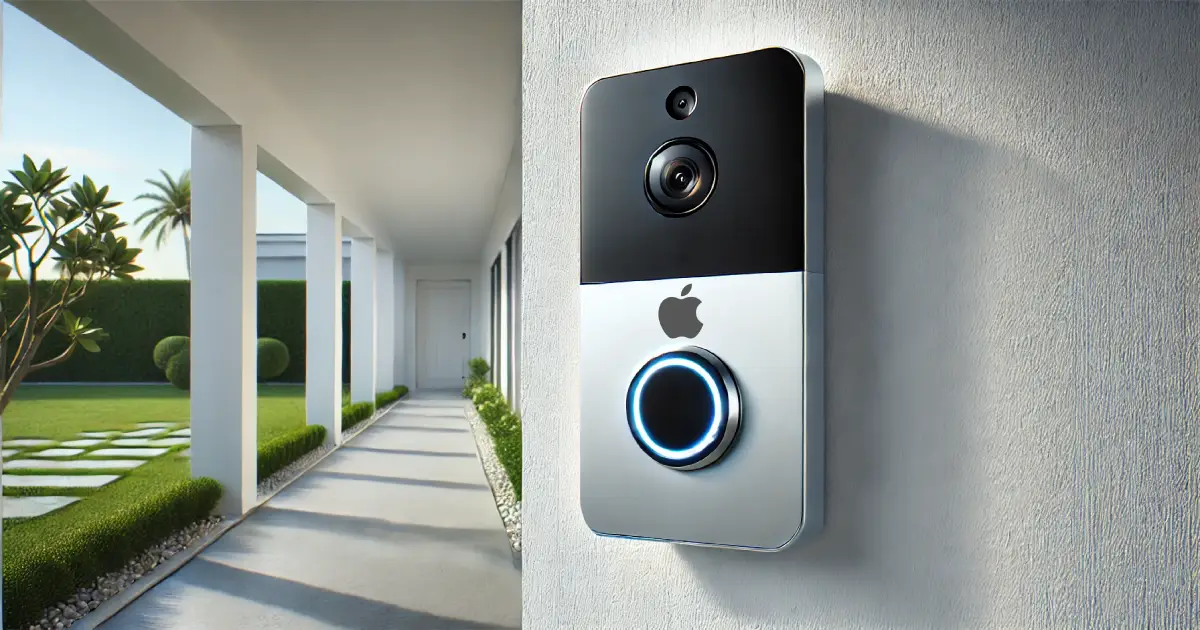Apple is reportedly developing smart home locks with facial recognition technology, aiming to enter the home devices market.
Apple is reportedly venturing into the smart home devices market, with plans to introduce facial recognition technology in smart locks and doorbells.
This initiative, announced in a Boomerang report on December 22, 2024, positions Apple to compete with established players like Google’s Nest and Amazon’s Ring in the home security sector.
Read also: Apple faces legal scrutiny over alleged complicity in Congo’s human rights abuses
Smart lock and doorbell features
According to a Bloomberg report, Apple’s new smart lock and doorbell system will allow users to unlock their doors by scanning their faces. This technology is still in the early stages, with a potential release date set for late 2025 at the earliest.
The doorbell might be sold as a complete package in partnership with specific lock manufacturers, or the doorbell could be compatible with existing third-party locks.
Expanding Apple’s home device ecosystem
This development aligns with Apple’s growing interest in smart home technology. Recently, Bloomberg reported that Apple is also working on an AI-powered wall-mounted tablet that could function as an intercom and control various home appliances. Additionally, the company is exploring home robots. However, these projects might never see the light of day, as seen with Apple’s recent decision to scrap its car project and halt efforts on a subscription model for the iPhone.
Introducing smart locks and doorbells could allow Apple to cross-sell existing products like the iPhone and Apple Watch, enhancing the overall user experience within its ecosystem.
Privacy considerations
Apple’s strong commitment to user privacy is a key advantage in this market. The company has built a reputation for prioritising customer data protection, which could make consumers more comfortable adopting its smart home devices. This focus on privacy contrasts with competitors facing scrutiny over their handling of user data and law enforcement requests.
For instance, Amazon’s Ring has been criticised for allowing police departments to access video footage without homeowner consent. In contrast, Apple CEO Tim Cook has publicly refused to unlock iPhones for government investigations, reinforcing the company’s stance on privacy.
Read also: Apple offers $1 million prize to anyone who can hack its intelligence servers
Future developments in smart home security
In addition to the smart lock and doorbell, Apple is reportedly developing an in-home security camera designed to rival similar products from Google and Amazon. This camera is expected to integrate seamlessly with Apple’s rumoured smart home hub, managing connected devices throughout the household. Introducing such security cameras could drive subscriptions to iCloud services, where video footage from these devices would be stored.
Apple’s entry into smart-home locks and security devices represents a strategic expansion into a competitive market. By leveraging its commitment to privacy and integrating these products into its ecosystem, Apple aims to enhance user convenience while addressing security and data protection concerns in smart home technology.
As these developments unfold, they are likely to reshape the landscape of home security solutions in the coming years.















